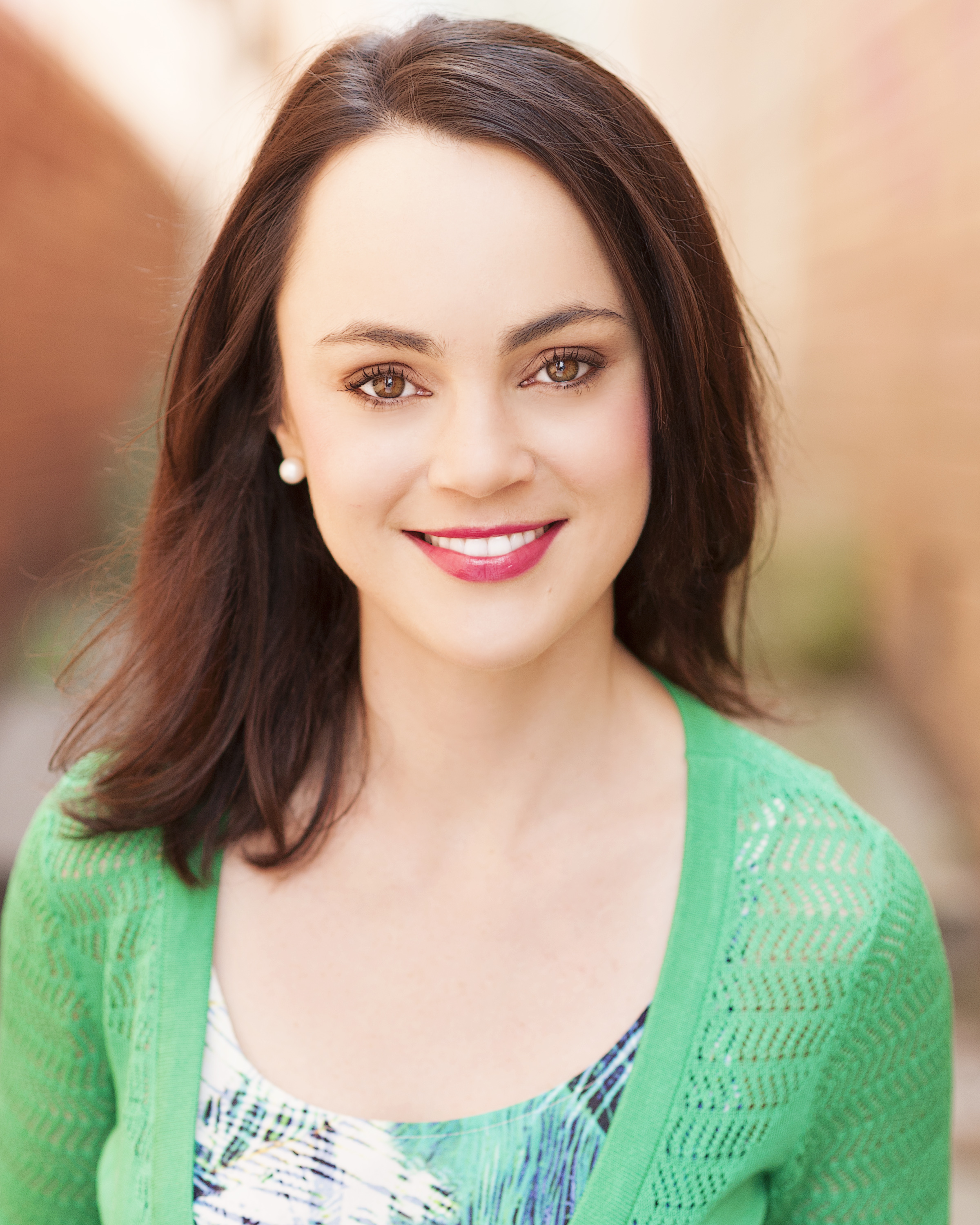
What we eat doesn’t just affect our insides – but can often show up on our skin as well.
This week I had the opportunity to interview renowned dermatologist Dr Alice Rudd. Here is what she shared…
What we eat doesn’t just affect our insides – but can often show up on our skin as well.
This week I had the opportunity to interview renowned dermatologist Dr Alice Rudd. Here is what she shared…
1. What do you love about what you do as a dermatologist?
I’m just so fascinated by skin, skin is the first thing I look at and I love everything about it. For me, dermatology is all the best things about medicine in one – I get to be really procedural such as when I do surgery, and I also get to cure people of cancers (i.e. melanoma) as well as pick up internal cancers from the skin. It’s a lot of detective work and a problem solving exercise and of course I love interacting with patients. They are always teaching me something. I’m also big into public health. I think there’s so much to be done in terms of preventing skin cancer, so as a dermatologist, you can really broadcast a big public message.
2. What role does diet play in the management of some of the common skin conditions you come across in your practice?
The best validated science linking diet and skin is in acne. We now know that the insulin like growth factor found in High GI (junk) foods play a role in acne by acting on the sebocytes (i.e. your oil producing skin cells) and causing inflammation. Foods such as white bread, white juice and soft drinks are usually high GI. Reducing consumption of these foods and turning to whole grain alternatives may reduce the inflammation seen in acne. We also know that a by-product of low GI diet aids in reducing weight which is helpful in most skin conditions, especially psoriasis.
I’m also very much in favour of antioxidant rich foods for reducing inflammation in your skin. I subscribe to a very high antioxidant diet myself with plenty of vitamin C and E containing foods (carrots, oranges, mangoes, berries and nuts) . Antioxidants mop up free radicals which are involved in ageing of the skin. There’s also some evidence about the benefits of fish oil and omega-3s for skin moisturising so I always suggest eating salmon 3 times a week.
3. When would you refer a patient to see a dietitian?
I think patients with psoriasis who have high BMI would benefit from seeing a dietitian because we know that reducing weight can greatly improve that condition. Teenagers who have developed acne could also benefit.
4. What is one ingredient you love to cook with and why?
Chilli! It’s my favourite ingredient – I add it to eggs, salad at lunch and to my dinner. I’ve also got four different types growing in my backyard – I love it, even though it’s terrible for my rosacea! It’s a powerful antioxidant. I always choose the chilli option on the menu. I also love cooking with salmon – it’s full of omega 3s and I probably have it every second day.
Dr Rudd is a Consultant Dermatologist working in private practice and at The Skin and Cancer Foundation. She completed her medical training at Monash University, Melbourne, before embarking on her resident years at The Royal Melbourne Hospital. Her Dermatology training has been in Melbourne, working at all the major Melbourne public hospitals. She also spent a year training in general and surgical dermatology in the United Kingdom. She has been published in The Australasian Journal of Dermatology as well as international dermatology journals. Aside from general dermatology, she has special interests in the areas laser and cosmetic procedures, skin cancer and dermatologic surgery and paediatric dermatology.
